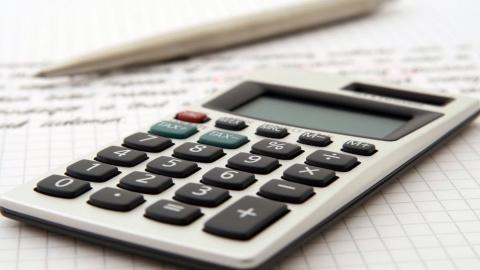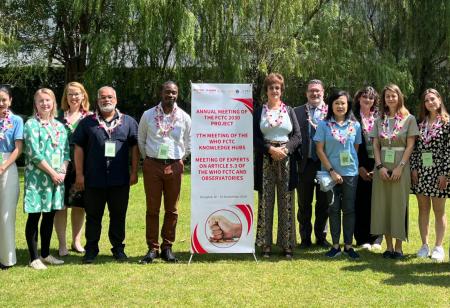
Blogpost: Should revenues from tobacco taxes be earmarked? - 3 October 2017

By Zunda Chisa
The significance of domestic revenue sources has been heightened by the need to find sustainable sources for financing the development agenda. Tobacco taxes have been identified as an underutilized potential resource for many developing countries. In Africa for instance, most countries still use ad valorem excise taxes exclusively for tobacco products, despite the FCTC Article 6 recommendation to use specific excise taxes, or a combination of both. Furthermore, only about 3 countries on the continent meet the WHO recommendation a 70 percent excise tax component of the price.
With renewed interest in the role tobacco taxes can play in the overall development space, there is increasing agitation for such benefits to accrue, first and foremost, to local tobacco control programmes. However, the question is ‘is this enough reason to earmark tobacco taxes at all?’. Common economic arguments against earmarking taxes centre around whether or not this will lead to an optimal allocation of resources. In other words, if a tax is already earmarked at the time it is received, will that allocation still be a priority?
There is a case to be made for earmarking tobacco tax revenue on grounds that it garners more public support and reduces likelihood of tax evasion and avoidance. This is likely to be the case particularly in instances where the systems are weak and perceived to be corrupt. In such cases many taxpayers may not have a clear sense of what the money is spent on or whether it is appropriately spent. Others have argued that it helps create a better link better taxation and public spending, improves accountability, and protects revenues for priority areas from political and other susceptibilities.
The World Health Organization (WHO) estimates that about 30 countries globally earmark taxes for a range of programmes. These include, tobacco control programmes and activities, non-communicable diseases, health insurance or universal health coverage goals, or other more general health programmes.
The tobacco control community can use this renewed interest in tobacco taxes to its advantage in two important ways. Firstly, the renewed interest means there is an opportunity to improve the tax structures of many countries and not only generate significant revenues, but reduce and inhibit consumption of tobacco products more effectively. Secondly, tobacco control over the last two decades has largely been focussed on developing local and robust legislation, policy and implementation plans. The next phase is actual implementation which, by all accounts, will cost far more than what has previously been invested in tobacco control. This makes for the most significant argument for dedicating tobacco tax revenues to local tobacco control programmes.
The onus is now on the tobacco control community to develop the appropriate economic arguments and start to gather the relevant empirical evidence to have these revenues dedicated to tobacco control. A significant part of this will involve revisiting the cost-effectiveness of interventions and having honest and frank discussions about what preconditions are necessary for earmarking to be successful on a country by country basis.





